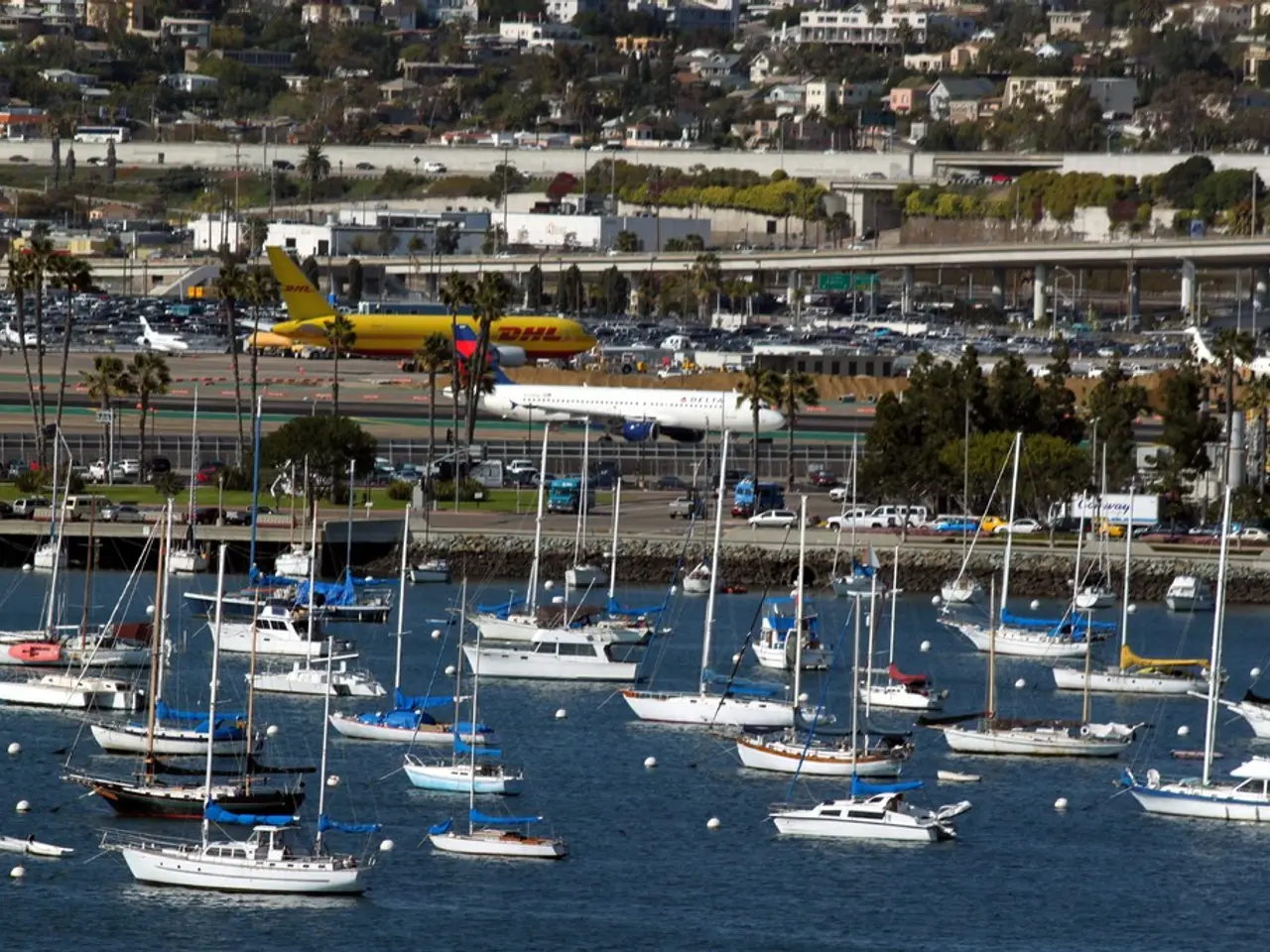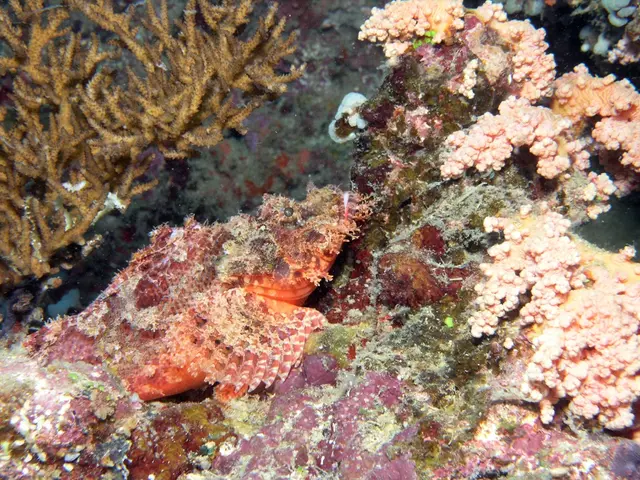Autonomous Underwater Robot System, SeaClear, Addresses Waste Management in Harbors
In an innovative step towards environmental preservation, the Technical University of Munich (TUM) has developed an autonomous underwater robot system called "Seaclear" for detecting and collecting trash in harbor areas.
The system, which has been successfully tested in the harbor of Marseille, France, is designed to operate fully autonomously and is cost-effective for deployments at depths of 16 meters or more, according to scientists.
At the heart of the Seaclear system is a small underwater robot, approximately 50 cm long. This robot conducts a detailed scan of the harbor floor and provides data on potential trash via camera images and sonar. The data collected by the underwater robot is analyzed by an artificial intelligence (AI) that marks possible trash objects and processes them in 3D.
The AI then provides precise instructions to the diving robot, which is equipped with a four-fingered gripper. This robust gripper can lift objects weighing up to 250 kg with a force of up to 4000 Nm. The gripper is also equipped with sensors to enable fine-tuned gripping.
The diving robot, once it has identified and gripped an object, is pulled aboard with a winch. Meanwhile, a drone in the system is designed to detect trash on the water surface, helping to ensure that no trash is missed.
The service boat SeaCat acts as a central hub, providing power to the two robots and establishing a data connection with them. The Seaclear system is primarily intended for use in harbors where there is a significant amount of carelessly dumped waste, such as fishing nets, bicycles, e-scooters, and old tires.
The impact of the Seaclear system was evident in the harbor area of the Croatian city of Dubrovnik, where over 1000 pieces of litter per 100 square meters have been found. The TUM system is designed to work in harbor areas with high pollution levels, making it a valuable tool in the fight against marine pollution.
The collaboration between TUM and the EU project "Seaclear" marks a significant step forward in the development of autonomous underwater technology for environmental preservation. With its cost-effectiveness and ability to operate in high-pollution areas, the Seaclear system promises to make a real difference in the fight against marine pollution.
Read also:
- Latest Edition of Bus-News Magazine Arrives for 2023!
- Testing the Camp Mode of the 2025 Tesla Model Y with Juniper's interior housing two kids, shockingly low CO2 levels were discovered.
- Demonstrating Carbon Storage in Agricultural Forestry through Digital Monitoring and Verification
- EV and Charging Technologies will see broader horizons at SINBON's Battery Show in 2025, as the event aims to push boundaries.








